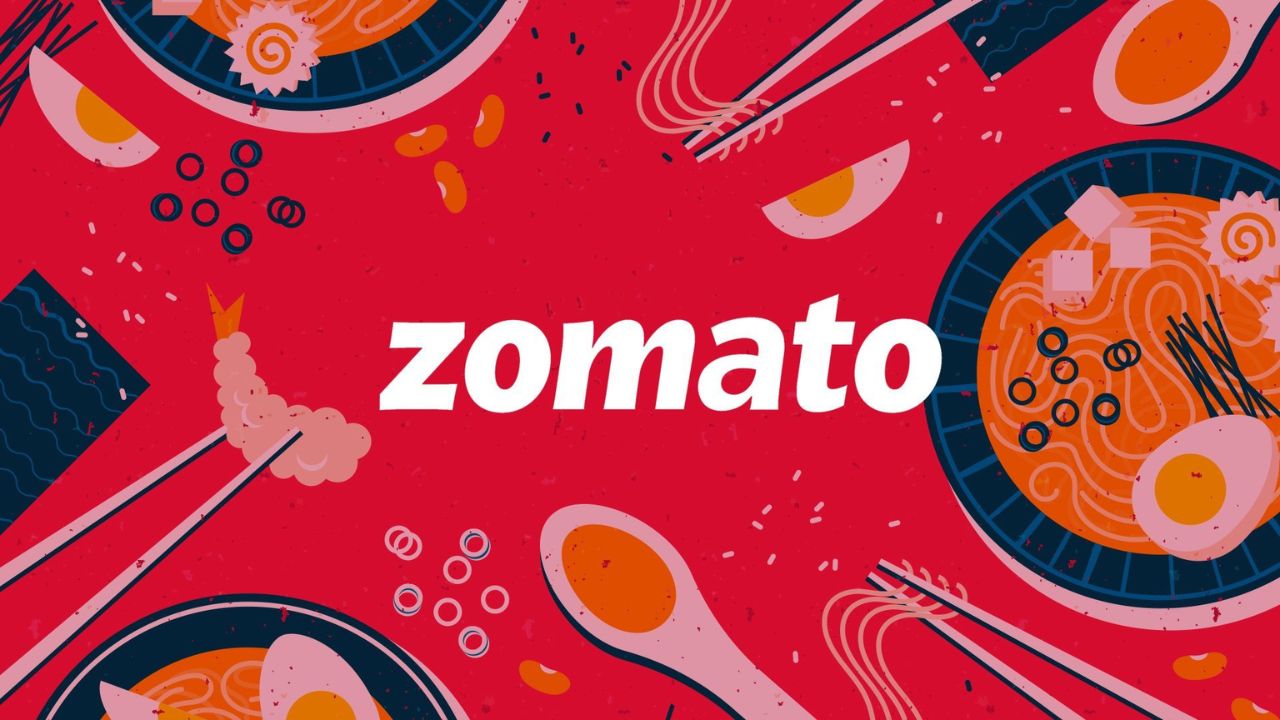In a significant development in the ongoing antitrust investigation against foodtech giant Zomato, the Delhi High Court has issued notices to both the company and the Competition Commission of India (CCI). The court’s directive comes in response to a plea challenging the exclusion of the National Restaurant Association of India (NRAI) from the confidentiality ring set up as part of the probe.
The confidentiality ring, introduced in 2022, allows access to sensitive information between involved parties to ensure a fair defence. However, the NRAI, initially part of this ring, was removed by the CCI in October 2024. The industry body has argued that its exclusion hampers its ability to mount an effective defence and is seeking judicial review of Zomato’s confidentiality claims.
Zomato’s counsel argued in court that the NRAI represents competing businesses, justifying its removal from the ring. Justice Sachin Datta, who is overseeing the case, has now clubbed NRAI’s plea with a similar one involving Swiggy. Both matters are scheduled for the next hearing on April 23.
The court notice comes on the same day the CCI ruled that Zomato’s platform and delivery fees do not constitute abuse of a dominant position — a relief for the foodtech company after nearly two years of scrutiny.
In its original complaint, the National Restaurant Association of India (NRAI) had accused leading foodtech platforms of engaging in anticompetitive practices. These included deep discounting strategies, bundling of services, high commission rates, delayed payment cycles, and the enforcement of unilateral contractual clauses on restaurant partners.
Back in April 2024, the Competition Commission of India (CCI) had granted the NRAI limited access to its antitrust investigation findings under the confidentiality ring — a mechanism designed to balance transparency and commercial sensitivity during regulatory probes. However, both Zomato and Swiggy challenged this decision in the Karnataka High Court, arguing that disclosure of sensitive information, even within a protected framework, could result in “irreparable commercial harm.”
Responding to this challenge, the Karnataka High Court in June 2024 directed the CCI to reassess its stance. This led to the watchdog’s decision in October 2024 to exclude the NRAI from the confidentiality ring entirely — a move that prompted the restaurant body to escalate the matter to the Delhi High Court.
Earlier this year, the NRAI had also been considering separate legal action against the platforms, further intensifying the standoff between the restaurant industry and food delivery aggregators.
Read More: Google settles Android TV antitrust probe with ₹20.24 crore payout to CCI
